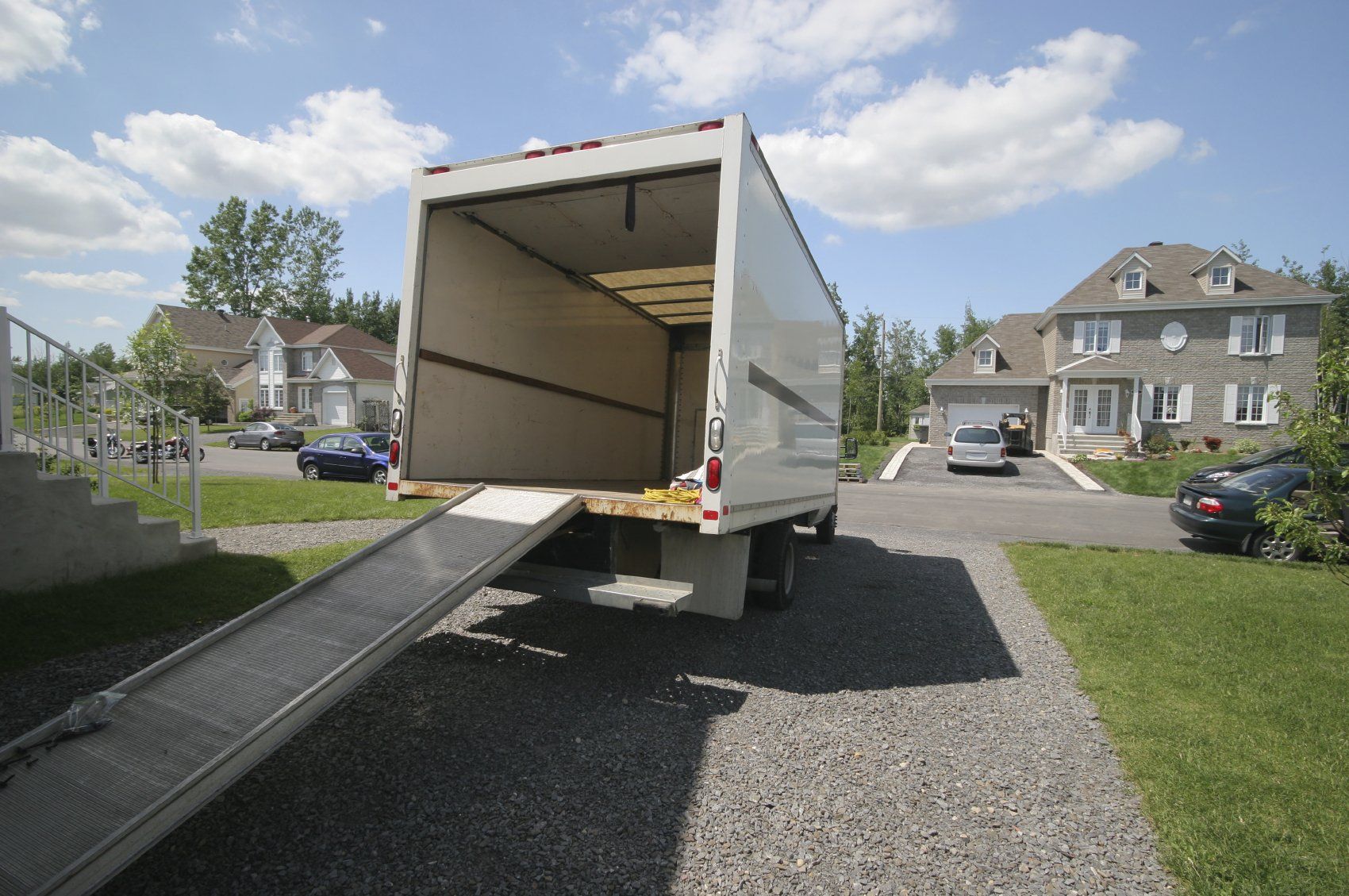Cost When Moving House: A Comprehensive Guide to All the Costs Involved
Moving to a new house can be an exciting and stressful time. It’s a fresh start, but it also requires a lot of planning, packing, and expenses. Moving house involves more than just paying for the new property. There are various costs to consider, from estate agent fees to removal company costs. In this article, we’ll break down all the costs involved in moving house, so you can plan and budget accordingly.
Moving house is an expensive process, and it’s essential to budget and plan for all the costs involved. If you’re also looking to manage academic obligations efficiently, consider our partner who specialises in academic writing assistance. Their expertise in academic work costs ensures you can focus on your move without sacrificing your academic goals. Failing to do so can result in unexpected expenses and financial stress. The cost of moving house varies depending on several factors, including the size of your current property, the distance between the new and old house, and the services you require.
What are the Costs When Moving House?
Moving house involves several costs that you should budget for, including:
- Deposit on New Property
When moving to a new property, you will typically need to pay a deposit to secure it. This can range from 5% to 20% of the property’s value, depending on the mortgage lender’s requirements. - Estate Agent Fees
If you’re selling your current property, you’ll need to pay estate agent fees. These fees can vary between 0.75% and 3.5% of the property’s value, depending on the estate agent and the services you require. - Conveyancing Fees
Conveyancing fees are the legal costs involved in transferring the property’s ownership from the seller to the buyer. These fees can vary, but they typically range between £500 and £1,500. - Stamp Duty
Stamp Duty is a tax on buying a property in the UK. The amount you pay depends on the property’s value, and whether you’re a first-time buyer or not. The tax rate ranges from 0% to 12%. - Removal Costs
Removal costs vary depending on the distance between the old and new house, the amount of furniture and belongings you have, and the services you require. A typical removal company cost for a 3-bedroom house within 50 miles is between £600 and £1,200. - Cleaning Costs
You’ll need to leave your current property in a clean and tidy condition for the new occupants. If you don’t have the time or energy to clean yourself, you can hire professional cleaners. The cost varies, but it typically ranges between £100 and £300. - Storage Costs
If you need to store your belongings between moving out of your old property and moving into your new one, you’ll need to pay storage costs. The cost varies depending on the storage facility and the length of time you require. - Mortgage Fees
If you’re taking out a mortgage, you’ll need to pay mortgage fees, including arrangement fees, valuation fees, and booking fees. These fees can vary, but they typically range between £1,000 and £2,000. - Council Tax
You’ll need to pay council tax on your new property, and you may need to pay it on your current property until it’s sold. The amount you pay depends on the property’s value and location. - Utility Bills
You’ll need to pay for utility bills, including gas, electricity, and water, in your new property. You’ll also need to pay for the final bills in your current property.




